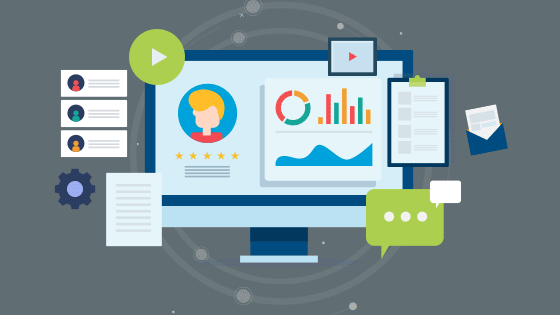
Health Care Industry
The goal of all healthcare providers is to deliver care of the highest quality to patients and consumers. Part of delivering high-quality healthcare services establishing reliable relationships with care seekers and maintaining an organized patient information structure that is accessible by everyone involved in the delivery of healthcare services, while complying with medical information, security, and privacy regulations.



